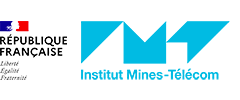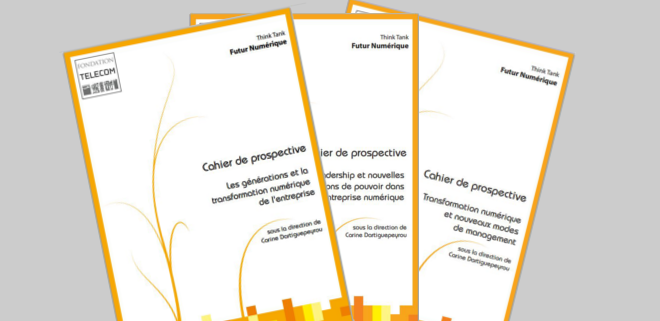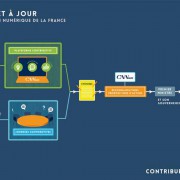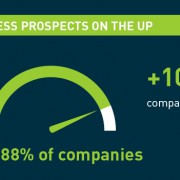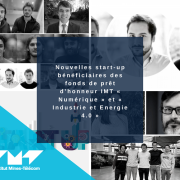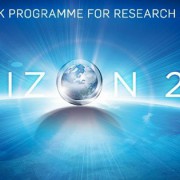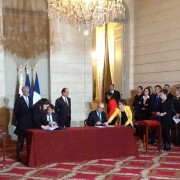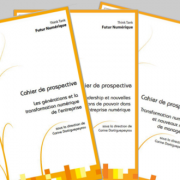The Digital Future think tank at IMT internationally recognized
For the first year, the Digital Future think tank at IMT, funded by Fondation Mines-Télécom, has been ranked among the best international think tanks in the field of science and technology. This ranking, produced by the University of Pennsylvania, placed the Institute’s program in 17th position, the only French think tank represented in this field. Interview with Francis Jutand (current Deputy CEO of IMT) who created it in 2009.
What is the purpose of the Digital Future think tank?
Digital Future’s role is to clarify the possible futures in a period of transformation of our society brought about by disruptive digital technologies. It’s a think tank intended to explore the impact of current transformations on all sectors of the economy, society, businesses, private life and human behavior, and also industry, cities, health and the co-evolution of humans and digital technology.
Foresight allows us to project ourselves far into the future, beyond trends, but also to see the present through the prism of the future and to better detect changes as they start.
Its work is based on the research of IMT and other research organizations, businesses in partnership with the Fondation Mines-Télécom, foresight experts or those interested in the evolution of society.
What are its operations specifically?
Its operations are on two levels. On one hand, thorough, diffuse discussions amongst the members of a restricted but wide-ranging team, the result of which was a collective work, The digital metamorphosis, and on the other hand, a structured program with the partners of the Fondation Mines-Télécom for digital society. These partners don’t just support the work financially but also contribute to different programs by bringing their ground knowledge to discussions about the future.
On average, we work on three themes at the same time, with analysis and contribution workshops which then proceed to the publication of a foresight booklet followed by a seminar to broadcast the results of this work and to compare them with those of other parties.
For example, a four year cycle was run on the digital transformation of businesses, another focused on digital business models, another on the theme of trust and privacy.
What does this ranking by the University of Pennsylvania mean?
This ranking is an encouragement to carry on and develop the work of the think tank while continuing to broaden its audience and international interaction as we did with the seminars on “privacy” and “digital leadership in business”.
See the ranking online (page 106)
Find out more about the Digital Future think tank’s activities
